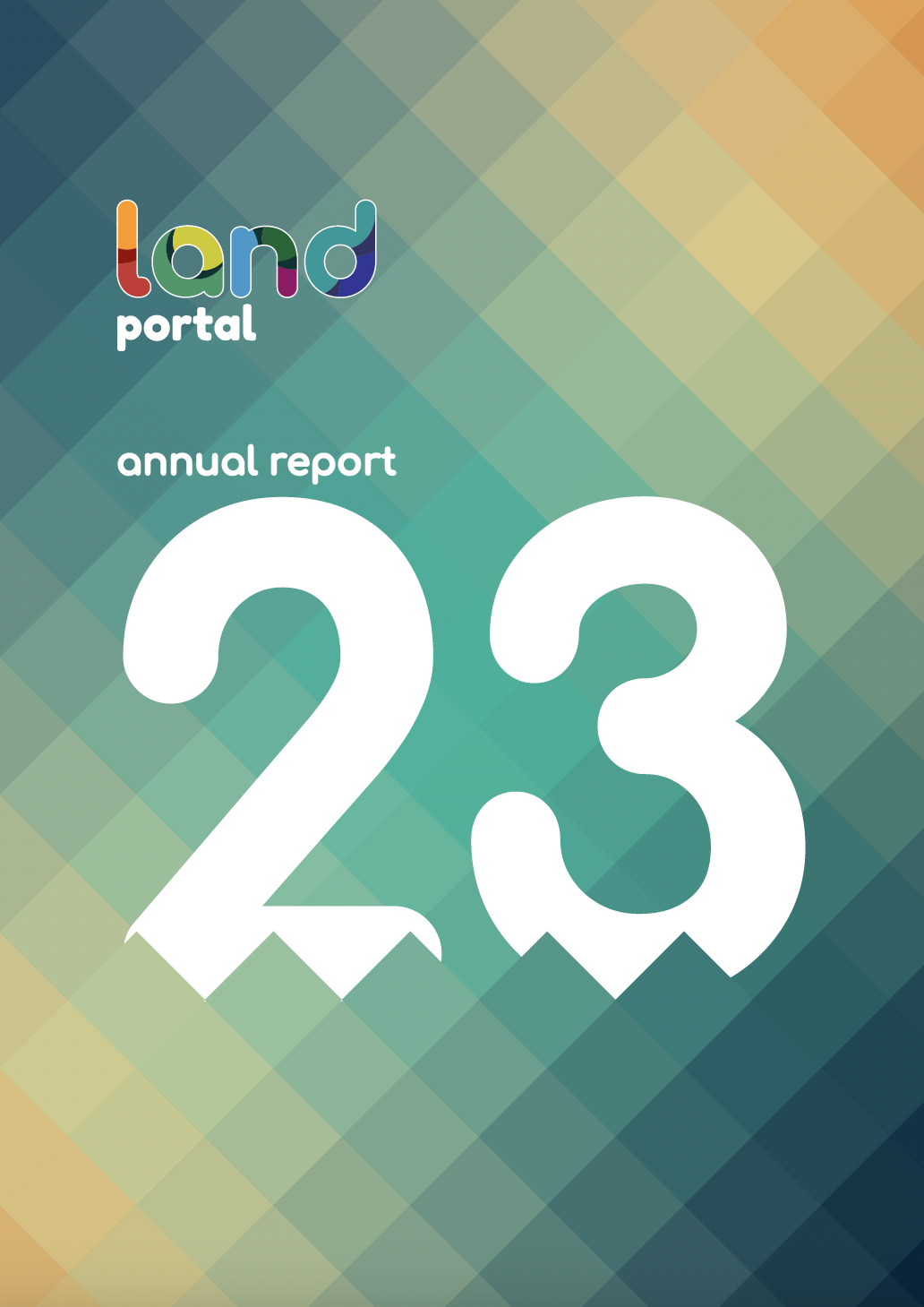Losing Ground: Forced Evictions and Intimidation in Cambodia
As shown in this report, harassment of local activists in Cambodia, including defenders of the right to housing, is widespread. Cambodia’s rich and powerful are increasingly abusing the criminal justice system to silence communities standing up against land concessions or business deals affecting the land they live on or cultivate. Many poor and marginalized communities are living in fear of the institutions created to protect them, in particular the police and the courts. As forced evictions increase, public space for discussing them is shrinking.



